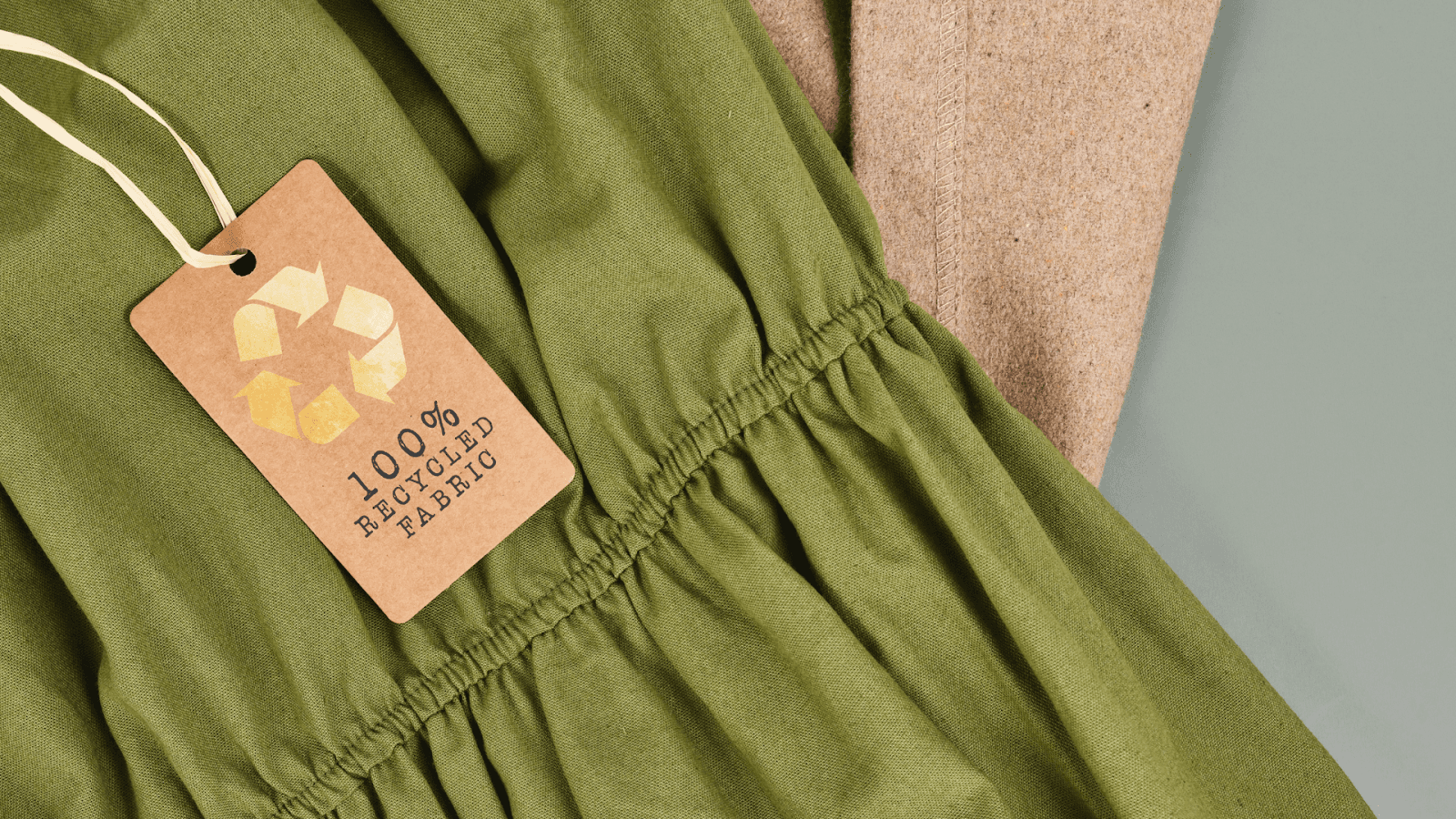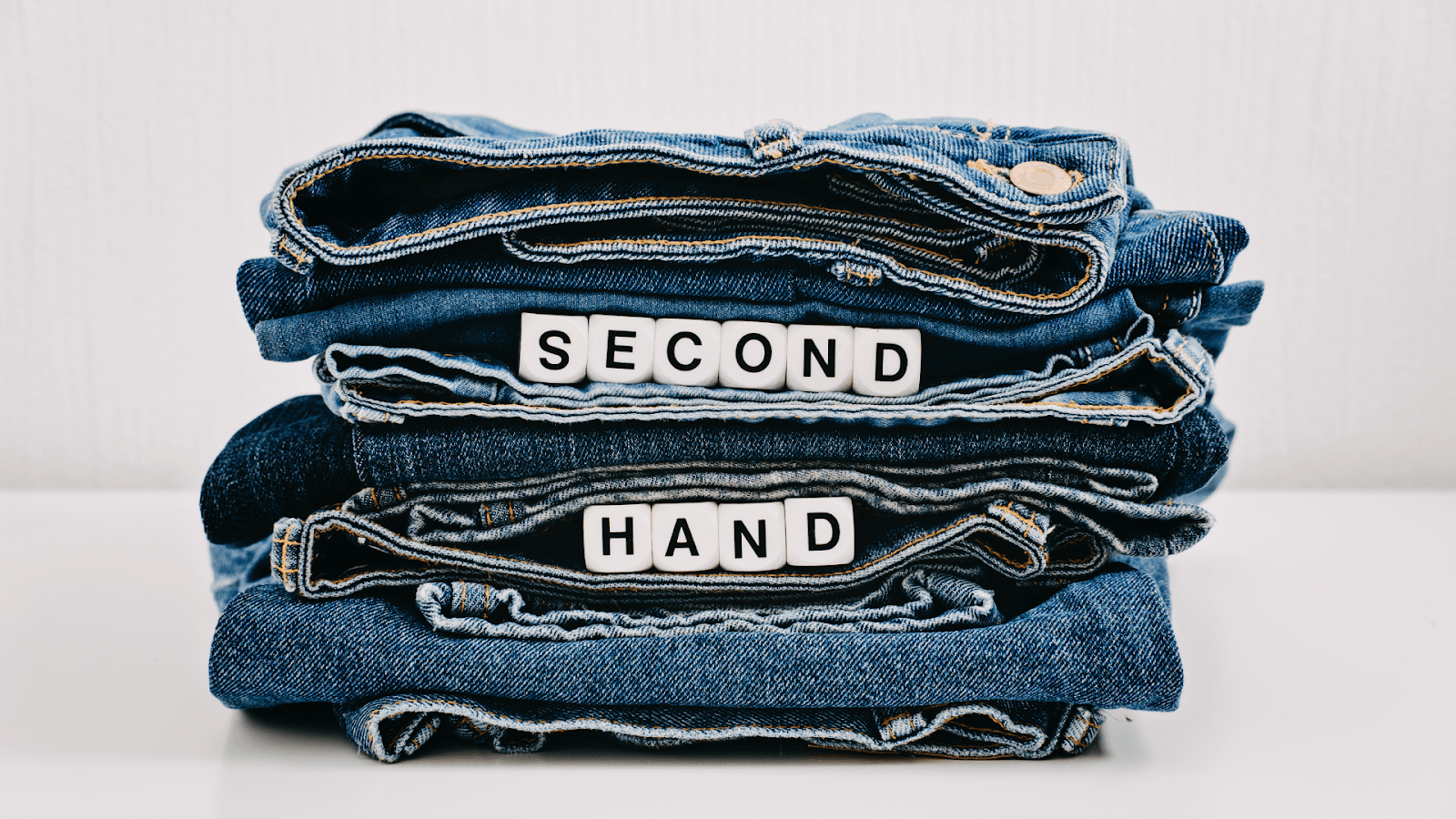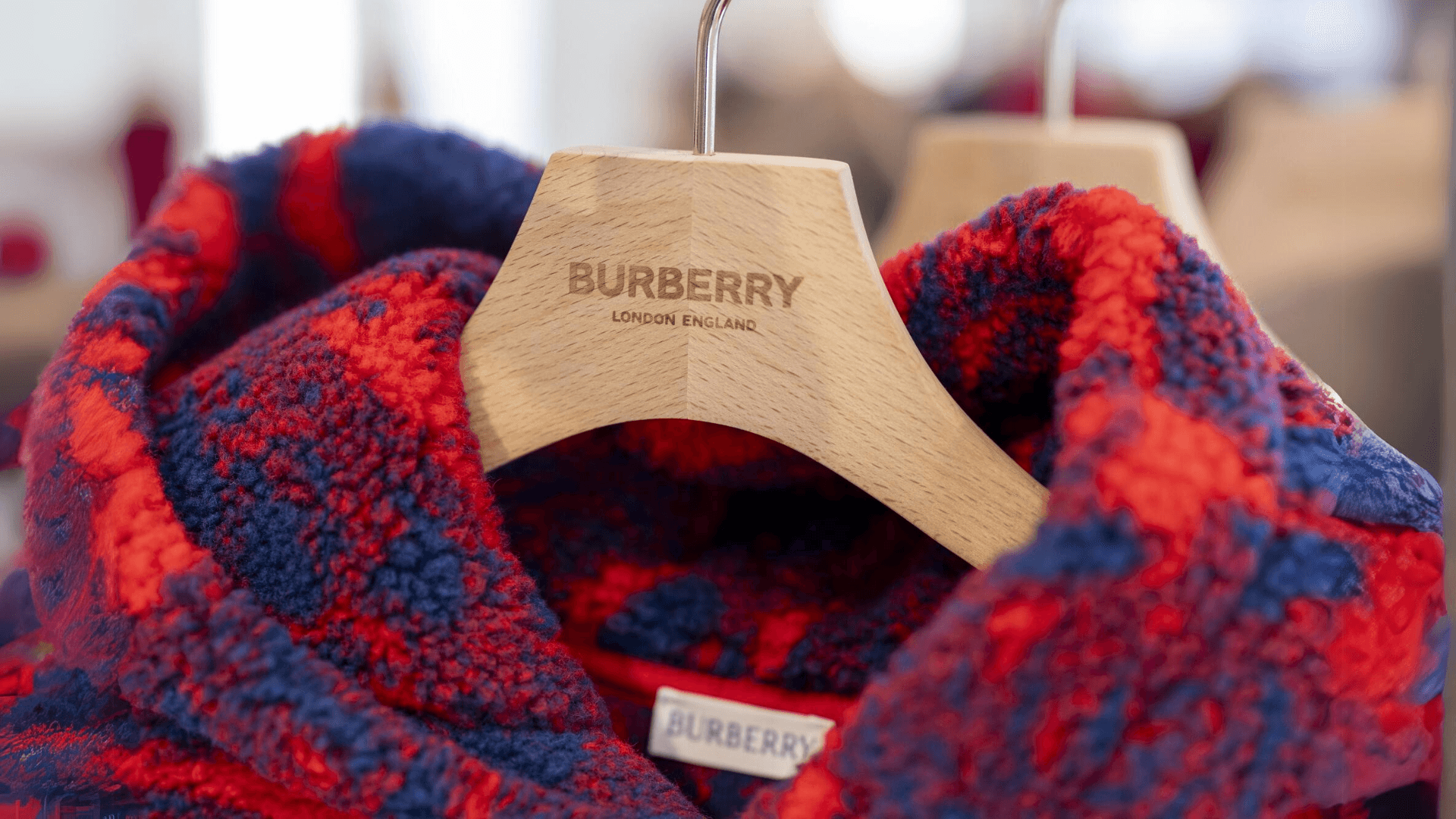Behind the Brand: Exploring the Ethical Practices of Top Designer Labels

As consumer demand for ethical fashion continues to grow, transparency and ethical practices within the fashion industry have become increasingly important. Ethical designer goods are more than just luxury items; they represent a commitment to sustainability, fair trade, and eco-friendly production.
This article delves into the ethical practices of renowned designer brands, profiles designers committed to sustainability, and offers insights on how these practices positively impact the world and how consumers can support them.
Key Takeaways:
Ethical designer goods are produced under conditions that ensure fair wages, safe working environments, and community support, benefiting both workers and their communities.
Transparency is crucial in building consumer trust and providing detailed insights into their sourcing and production processes to ensure ethical practices.
Sustainable practices in fashion significantly reduce carbon footprints, conserve resources, and protect ecosystems, contributing to a healthier planet.
Consumer demand for ethical and sustainable fashion drives industry-wide changes, encouraging more brands to adopt responsible practices and promote a more sustainable future.

Ethical Practices in Designer Fashion
Sustainable Materials and Production
Sustainable materials are the cornerstone of ethical designer goods. Brands are increasingly turning to organic cotton, recycled fabrics, and other eco-friendly materials to reduce their environmental footprint. Organic cotton, for example, is grown without the use of harmful pesticides and synthetic fertilizers, which significantly reduces water pollution and soil degradation. Recycled fabrics, made from post-consumer waste like plastic bottles, help divert waste from landfills and reduce the need for virgin materials.
Eco-friendly production methods are equally crucial. Many designer brands are adopting low-waste techniques such as zero-waste pattern making, which ensures that nearly every piece of fabric is used, and energy-efficient processes that minimize carbon emissions. These practices not only conserve resources but also set a standard for sustainability in the fashion industry.

Fair Trade and Ethical Labor
Fair trade practices are essential in ensuring ethical labor conditions in the fashion industry. Ethical designer goods are often produced under conditions that prioritize fair wages, safe working environments, and community support. Brands like People Tree and Fair Trade Certified are known for their commitment to these principles. They work directly with farmers and artisans, ensuring that everyone in the supply chain is treated fairly and receives a living wage.
The importance of fair trade extends beyond just the workers; it also contributes to the overall well-being of communities. By investing in ethical labor practices, brands help create sustainable economies in developing countries, breaking the cycle of poverty and exploitation often associated with the fashion industry.
Transparency and Accountability
Transparency is critical in building consumer trust and ensuring that brands are held accountable for their practices. Ethical designer goods come from brands that openly track and report their sustainability efforts. Transparency can include sharing information about sourcing, production processes, and labor conditions. Brands like Everlane have built their reputations on radical transparency, providing detailed insights into their cost structures and manufacturing practices.
Consumers are increasingly demanding this level of openness, and brands that embrace transparency often find greater loyalty and trust among their customer base. This shift towards accountability encourages other brands to adopt similar practices, fostering a more ethical and sustainable industry.

The Positive Impact of Ethical Practices
Environmental Benefits
Ethical practices in fashion significantly reduce the industry's carbon footprint and conserve resources. By using eco-friendly materials and production methods, brands help mitigate the environmental impact of fashion. For instance, organic cotton farming uses less water and reduces soil erosion, while recycled fabrics decrease the demand for virgin resources and lower greenhouse gas emissions.
The positive effects on ecosystems and biodiversity are profound. Sustainable practices help protect wildlife habitats and reduce pollution, contributing to healthier and more resilient ecosystems. By prioritizing sustainability, ethical designer goods play a crucial role in preserving the planet for future generations.
Social and Economic Benefits
Ethical practices also bring substantial social and economic benefits. Fair trade and ethical labor conditions improve the lives of workers, providing them with fair wages and safe working environments. These practices support community development, fostering economic stability and growth in regions that rely on the fashion industry.
Long-term economic stability is another significant advantage. Ethical practices help build sustainable economies by creating stable jobs and reducing reliance on exploitative labor. This stability benefits not only the workers but also the broader community, contributing to a more equitable and just society.
Consumer Influence and Industry Change
Consumers have the power to drive industry-wide changes by demanding ethical practices. The increasing consumer demand for sustainability and transparency has led many brands to adopt more ethical practices. This shift is evident in the growing number of brands committing to sustainability initiatives and ethical labor conditions.
Market shifts towards sustainability are driven by consumer advocacy. When consumers choose to support ethical brands, they send a clear message to the industry about the importance of these values. This collective action can lead to significant changes in how fashion is produced and consumed, promoting a more sustainable future.

How Consumers Can Support Ethical Fashion
Making Informed Choices
Supporting ethical fashion begins with making informed choices. Consumers should research brands to understand their sustainability practices and look for certifications like Fair Trade, GOTS, and B Corp, which indicate a commitment to ethical practices. Choosing brands that prioritize eco-friendly materials and ethical labor conditions helps drive demand for more sustainable products.
Advocating for Transparency
Consumers can also advocate for greater transparency in the fashion industry. Using social media and online platforms to demand information about sourcing and production practices puts pressure on brands to be more open. Transparency not only builds trust but also encourages brands to adopt more ethical practices.
Supporting Sustainable Initiatives
Participating in sustainable initiatives like clothing swaps, recycling programs, and eco-friendly fashion events can make a significant impact. Supporting brands through purchases and spreading awareness about their ethical practices helps create a culture of sustainability. Consumers can also encourage friends and family to make sustainable choices, amplifying the positive effects.
Conclusion
Ethical practices in the fashion industry are essential for creating a sustainable and equitable future. By making informed choices, advocating for transparency, and supporting sustainable initiatives, consumers can play a crucial role in promoting ethical designer goods. Let’s work together to support brands that prioritize ethics and sustainability, ensuring a positive impact on our world.
FAQs
What are ethical designer goods?
Ethical designer goods are luxury fashion items produced with a commitment to sustainability, fair trade, and eco-friendly practices.
How can I identify ethical brands?
Look for certifications like Fair Trade, GOTS, and B Corp, and research brands to understand their sustainability practices and ethical commitments.
Why is transparency important in fashion?
Transparency builds consumer trust and holds brands accountable for their practices, encouraging them to adopt more ethical and sustainable methods.
How can I support sustainable fashion?
Support sustainable fashion by making informed purchasing decisions, advocating for transparency, participating in recycling programs, and spreading awareness about ethical brands.
What impact do ethical practices have on the environment?
Ethical practices reduce the fashion industry's carbon footprint, conserve resources, and protect ecosystems, contributing to a healthier planet.
Source Links
1. https://www.patagonia.com/sustainability/
2. https://www.stellamccartney.com/experience/us/sustainability/
3. https://www.fairtradecertified.org/

